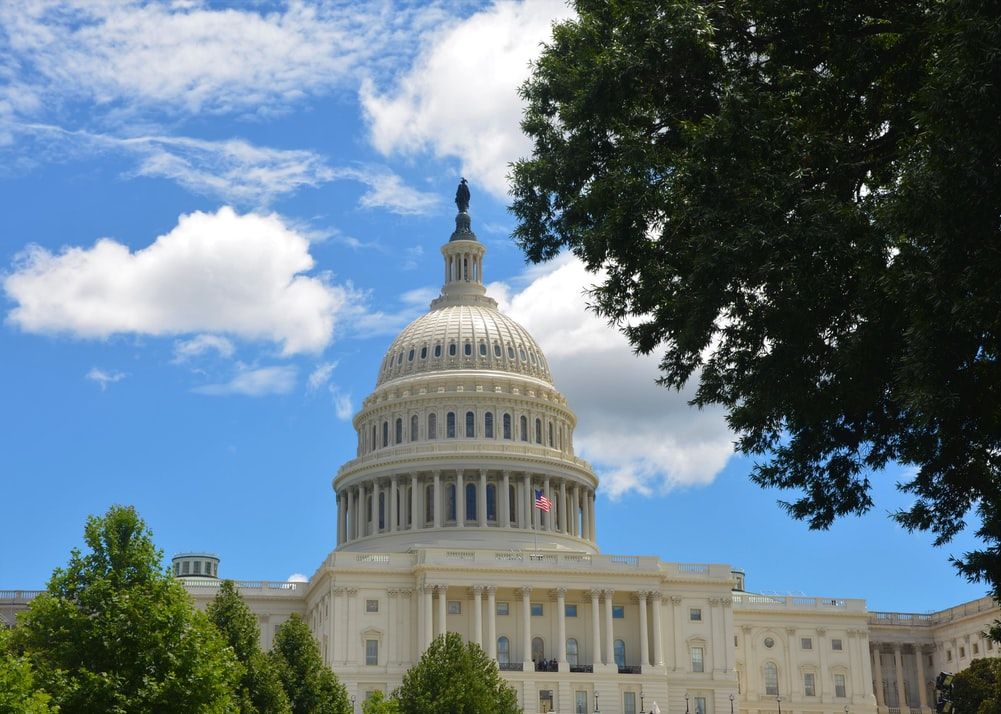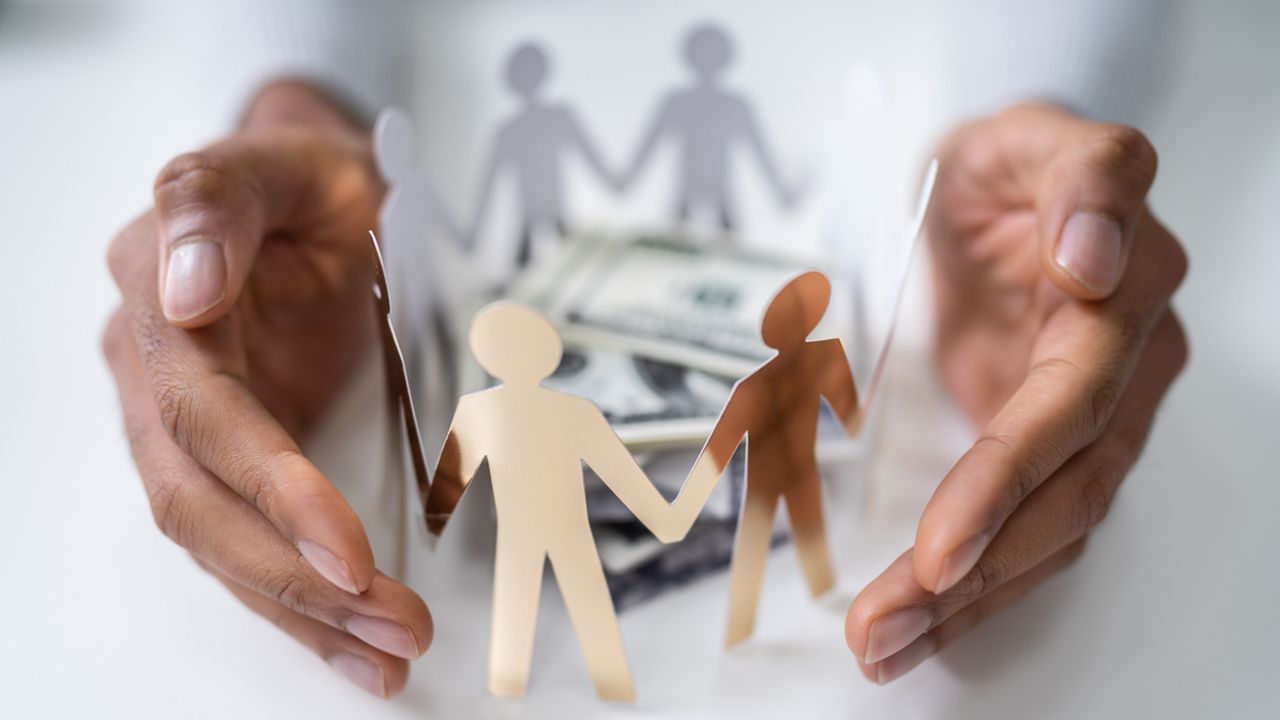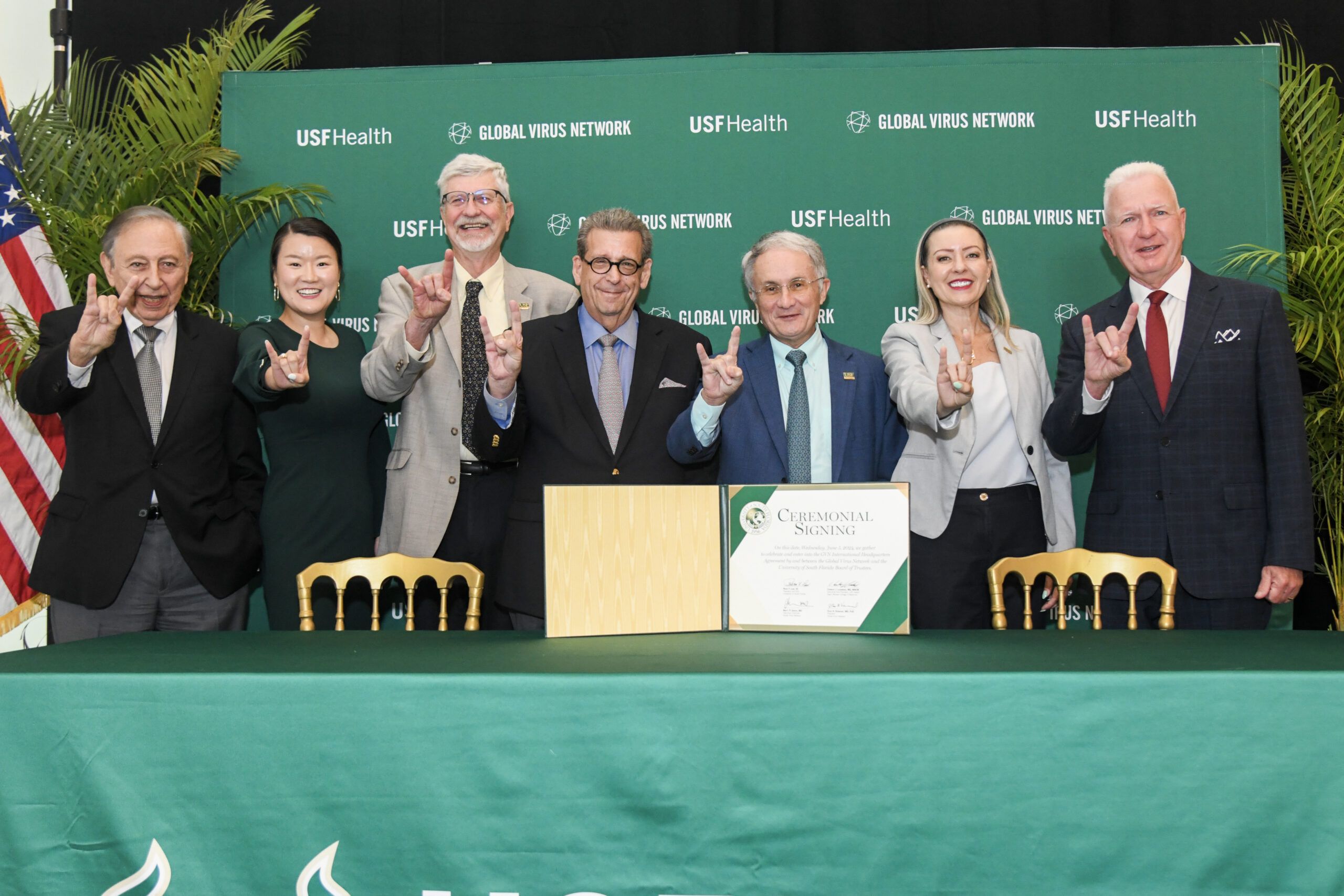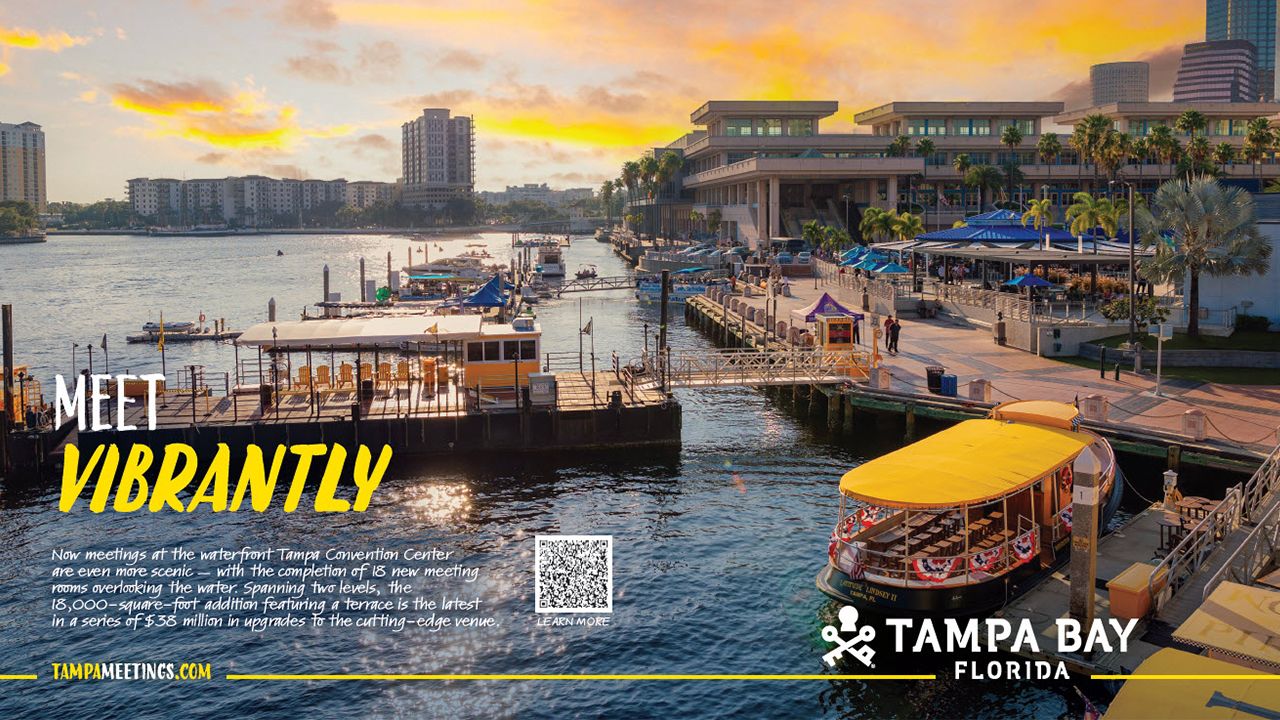By Drew Limsky, editor-in-chief, South Florida Business and Wealth
OVERVIEW
Round 1, as part of the 2.2 trillion CARES Act signed by President Trump in March 2020, came with lots of frustrations—and inequities. Some wealthy companies that got PPP checks had to be shamed into returning them, but lots of distressed businesses received money fairly quickly. The $350 billion fund—which was available to businesses with 500 or fewer employees—quickly ran out in April 2020, attesting to the popularity of the program.
Round 2 (another $310 billion) was part of a December 2020, $900 billion COVID relief bill, also signed by President Trump. The process went more smoothly, even though borrowers—this time, the limit on employees was 300—now had to demonstrate a 25% loss of income during the same quarter in 2019 and 2020. Both the Trump Administration and the Biden Administration, in order to make the program less restrictive, made changes midstream (see below). Round 2, which enabled businesses to apply for a second draw, will expire March 31.
Round 3 is … complicated. As part of the 1.9 trillion American Rescue Plan just signed by President Biden, $7.25 billion is being added to the overall fund, which actually still has money left over from the December 2020 relief bill. But that doesn’t mean you can take a third draw (you are limited to two, at least as the plan now exists). The entire PPP program is due to expire March 31.
The loans are ultimately administered by the SBA (Small Business Administration) via a bank or online lender.
Here are some Frequently Asked Questions:
Are the loans forgivable?
Yes, potentially. Some borrowers have had their PPP Round 1 loans forgiven. Some are still in review. Sometimes lenders require little documentation for forgiveness; others require more—bank statements, tax returns, tax receipts like 1099s, etc. It grinds on.
Do borrowers require a business account?
If you go through a bank, generally yes. But there are ways around it—like using an online broker or payment company like Square, PayPal, SmartBiz or Lendio. These companies—which proved to be lifesavers to gig workers who may lack business accounts—work with banks so you don’t have to, and then shepherd your loan application to the SBA, which makes the final decision.
What about EIDLs (Economic Injury Disaster Loans)?
These are advances up to $10,000 ($1,000 per employee) that don’t require repayment. The EIDL amount, however, was typically subtracted from your PPP loan, though under President Biden, this provision was scrapped. EIDLs were widely used and disbursed in connection with the CARES Act (i.e. Round 1), but were not available as part of the second relief act (i.e. Round 2).
Why not?
Who knows. The overall relief bill was smaller. But they are being revived with the March 2021 relief bill, to the tune of a $15 billion fund—but are only available to businesses, in low-income communities, whose revenue dropped at least 30% over any eight-week period since early March (relative to the same time in 2019).
What changes have been made to PPP since December 2020 to make it less restrictive?
Under the Trump Administration, the time period under which the loan had to be spent was extended, which relieved business owners of the often unrealistic burden of spending the loan within two months.
And under the Biden Administration?
President Biden has instituted a policy in which your loan would be based not on your adjusted taxable income (i.e. your profit), but on your gross income. That move results in larger disbursements and is especially helpful for small and struggling businesses—and independent contractors. Biden also implemented a two-week window (February 24 to March 10) reserved exclusively for PPP applicants with fewer than 20 employees. These adjustments made the program much friendlier to gig workers, small businesses and sole practitioners.
It’s tax season, so does my PPP loan get taxed?
It is imperative that you check with your accountant or tax attorney, but the short answer is that a forgiven PPP loan will not be taxed by the federal government. It may, however, be taxed by the state of Florida—either as income, or due to the business expense deduction connected to the loan being yanked. If your loan is still in forgiveness review or has not been forgiven, it’s just like any other loan: It does not get taxed.
Without naming names, what kinds of businesses world have benefited from PPP and EIDL?
Two-person law firms, sole practitioners, consultants, interior designers, freelance writers, restaurateurs—virtually everyone we know who was patient, persistent and qualified received funding.
South Florida Business and Wealth is a sister publication to Tampa Bay Business and Wealth.














